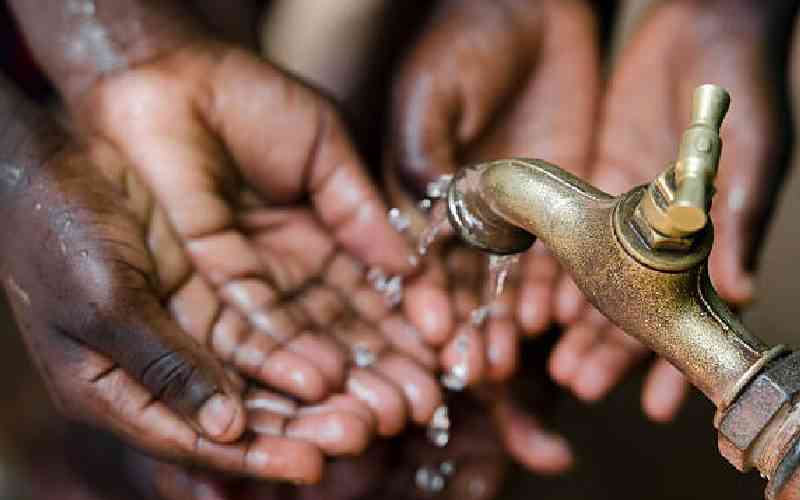×
The Standard e-Paper
Kenya’s Boldest Voice

Have you ever been so helpless you wondered if your God was alive or just on leave?
Many a Kenyan find themselves in this situation year in and out courtesy of extreme drought or flooding, crop failure or diseases, and at worst, conflict over scarce natural resources.